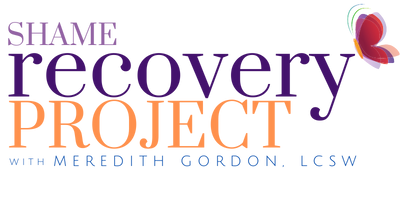Contact with a narcissist can be at once exhilarating and confusing, hurtful and seductive. At work, at home, on a date, in the bedroom, it can make you feel like you are losing your mind, yet without an understanding of why you feel that way.
Despite being wrongly blamed for causing intimacy problems, family troubles, and miserable financial woes, many people stay too long in a relationship with a narcissist, sacrificing their sanity, reputation, dignity, and more. They even go to great lengths to work on the relationship without realizing relationships with narcissists are not like relationships with other people. That they are not really relationships at all.
Here are 5 ways to muster self-compassion when dealing with a narcissistic person who wreaks havoc on your sanity whether they are a relationship of today or the past:
- Don’t take the blame. Remind yourself over and over that whatever the other person says, their goal is ultimately to undermine you. That is the sad truth. It feels personal but, as far as your personhood goes, it does not reflect on who you really are. Where direct or subtle, a narcissist always blames others for their problems. Don’t accept the blame—and don’t apologize when something is not your fault.
- Notice cracks in the armor. Let yourself really see them. This is a self-caring thing to do because it places you firmly in reality. When you see the cracks in the armor you know that you know you are dealing with someone who is compensating for a deep deep wound. Now, deep wounds are difficult, and sad, but the narcissist refuses to examine this wound, refuses to explore how this wound drives their cruel treatment of others. Instead, they blame you for hurting them. The narcissist, though polished on the outside, lacks self-esteem and therefore lacks a very basic sense that he belongs anywhere—and is desperate to avoid this feeling. Self-esteem is very different from confidence. While confidence is gained through experience, self-esteem is far more basic, a sense of knowing who we are and our place in the world. Does this sound like someone you can reason with?
- Trust yourself, not the narcissist (aka: the parasite). Narcissists are parasites; they feed off a host (whomever that may be, depending on the moment). Ironically, they have the “host” believing that they, in fact, are feeding off of/using the narcissist. Narcissists often surround themselves with accomplished people, then little by little eat away at them. Not someone you can trust for intimacy.
- Remind yourself that the narcissist suffers from a disease. Narcissists suffer from a disease experts refer to as a “personality disorder.” Experts agree there are no drugs to cure personality disorders. While personality disorders are very hard to change, with professional help, people can improve and relationships can sometimes be mended. But the narcissistic person has to do their share of the work. Few do.
- Remember, the narcissist is not in love with himself. Many people believe that the narcissist is deeply in love with himself or herself. If the narcissist is in love with anything, it’s the image of himself, an image he has crafted. Even the narcissist, on some level, knows this persona is only temporary, and this is what makes him more desperate. Try to remember this the next time the narcissist tries to blame you for making him look bad.
Use these reminders the next time you feel the urge to shame or berate yourself when the narcissistic person does their narcissistic thing, and you are the target. This line from my book, Surviving the Narcissist: 30 Days of Recovery—Whether You’re Loving, Leaving, or Living With One sums it up: “I remember that narcissism is an illness that is too big for me to fix no matter how much I try, care, hurt, or love.”
Photo by Daniel Herron on Unsplash.
